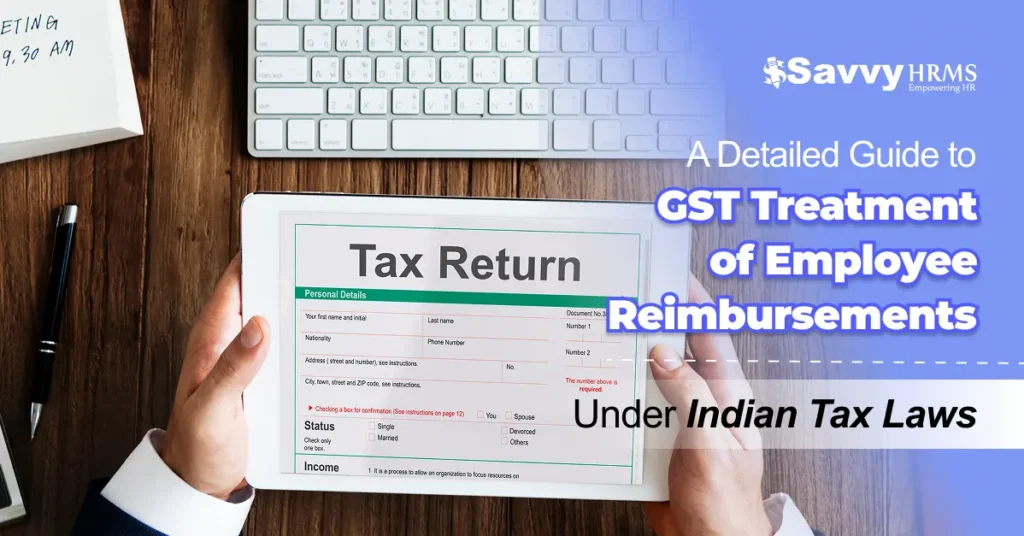Workplaces change quickly. Random hiring processes aren’t enough. Businesses with no HR strategy find it difficult to move forward & have a long-term focus. Aligning human capital planning & managing talent. Giving their organisation a competitive advantage with the hr planning process.
Let’s look at the HR planning process in detail & why this is the foundation of effective HRM.
What is the HR Planning Process?
This ensures you have the correct employees who are performing the right task at the right time. Thus eliminating the potential for both talent shortages & surpluses.
HR planning enables your business to improve budgeting & planning & ensures your organisation runs more efficiently.
Importance of the HR Planning Process
Why does it matter so much? Because strategic human resource planning builds workforce stability. The HR function needs to be armed to deal with retirements, promotions & unanticipated resignations. Companies without the HR planning process tend to be in a panic during transitions. The productivity is unhealthy.
Besides stability, the HR function ensures that most company functions are staffed optimally. And this is important in lean and agile environments.
Stages in the HR Planning Process
-
Analysing Organisational Objectives
The first stage is analysing organisational objectives. Each aim, from opening a new store location to digitising certain aspects of the business. It requires a different kind of workforce. The HR function joins forces with the leadership team at this stage. Understanding an organisation’s business vision assists in planning accurate manpower requirements.
-
Inventory of Current Human Resources
This includes evaluating the current employees’ capabilities, productivity, and advancement potential. This becomes the HR function gateway into a company’s talent strengths and weaknesses. It assists HR in identifying which employees can be moved into new positions & who need more education or support. It also assists HR in determining which employees align with its future objectives & which do not.
-
Forecasting Future Demand and Supply
They examine things such as retirements, resignations, new initiatives, and anticipated expansion. And that is potentially ready to be promoted or upskilled. A data-driven approach is critical for precision.
-
Determining Whether You Have Provided Enough Manpower
This is where HR works out how to close the gap. In doing so, they gather information to assist in the recruitment process. If HR determines they do not have enough people to support their future demand as planned. It will arrange a recruitment campaign. If the opposite is true, HR will look at reskilling, transferring, or redesigning roles. And that creates too much manpower. This element is crucial to ensuring no waste of resources occurs.
-
HR Action Plans
At this point, action is required. HR will create and detail plans that are in accordance with its gap analysis. These action plans typically outline recruitment, upskilling, performance management, and succession planning. Good action plans will enhance the function of HR.
-
Monitoring and Evaluation
No plan will be complete without some monitoring. Are the action plans still giving results? What needs to change? Monitoring should be done regularly to ensure the implementation remains relevant in a changing business environment. This is an important component to help companies remain dynamic in the hr management of their workforce.
Benefits of the HR Planning Process
- Ensures that human capital is being well deployed and used
- Facilitates employee retention
- Lower recruitment costs
- Provides a means of achieving organisational outcomes
- Improves overall workforce productivity
- Reduces reliance on last-minute recruitment.
- Reduces risks associated with the workforce
Conclusion
An effective HR planning process provides a framework for structure, strategy & foresight. It allows HR professionals to prepare, act, and react with conviction and confidence. Whether recruiting new talent, training new employees, or planning intern development, working ahead will make things easier. In a business climate where humility and equity are valued in society, the productivity from a strong HR plan can be such a value-added competitive advantage.
FAQs.
- How will HR planning allow a company to grow?
As companies are prepared for future efforts and challenges, they grow operationally. It provides structured hiring and retention while reducing turnover.
- Is HR planning only for large firms?
Absolutely not. HR planning can also be helpful to Start-Ups and SMEs with structured HR planning. As a means to shape their employees, their time, and what they will do with them. It’s all a part of the smart scaling (optimising the use of their resources).
- How frequently should a review be done of the HR planning cycle?
Every quarter, under normal operating conditions but preferably on a periodic or at least an annual basis, to adjust to factors affecting business.
Ready to Simplify Your HR Planning?
Start planning smarter today with Savvy HRMS and automate all phases of your planning process. Track employee headcounts, forecasts, reports, and more.




